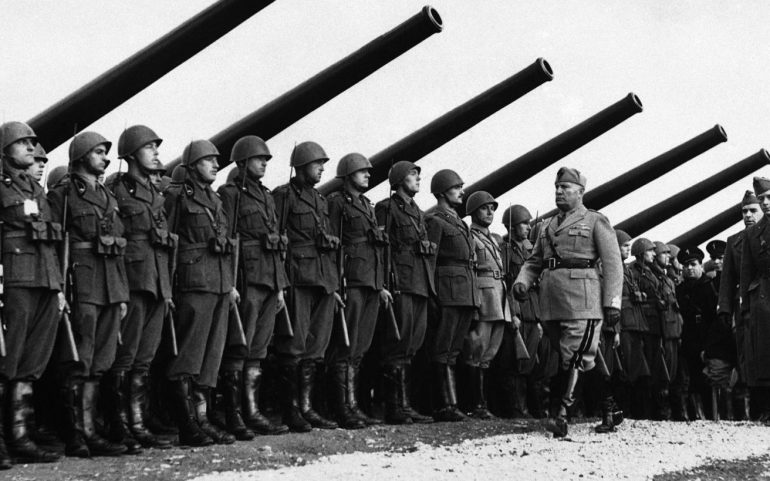It has been shown many times that man can easily be found from one end to the other. Usually, however, this is a process that takes too long. Maybe even several years. Unless these are stories of passion and love. But here we are not talking about such a thing. We are talking about something completely different and probably that in this particular size is rather rare.
This is the case of Benito Mussolini. Even today, one can hardly understand how an ardent socialist revolutionary and follower of Marxist ideas made a frightening 180-degree turn in a matter of weeks, and ended up being the founder of the fascist movement, the creator of groups we would now call "battalions." attack "and his ally Adolf Hitler.
At a young age, Mussolini was arrested for anarchist activities. The end of his life was written on a gallows set up by anti-fascists. Those who once even he would consider his companions but who with passion a few years later chased. Benito Mussolini's story is full of contradictions from beginning to end.
The son of the anarcho-syndicalist blacksmith
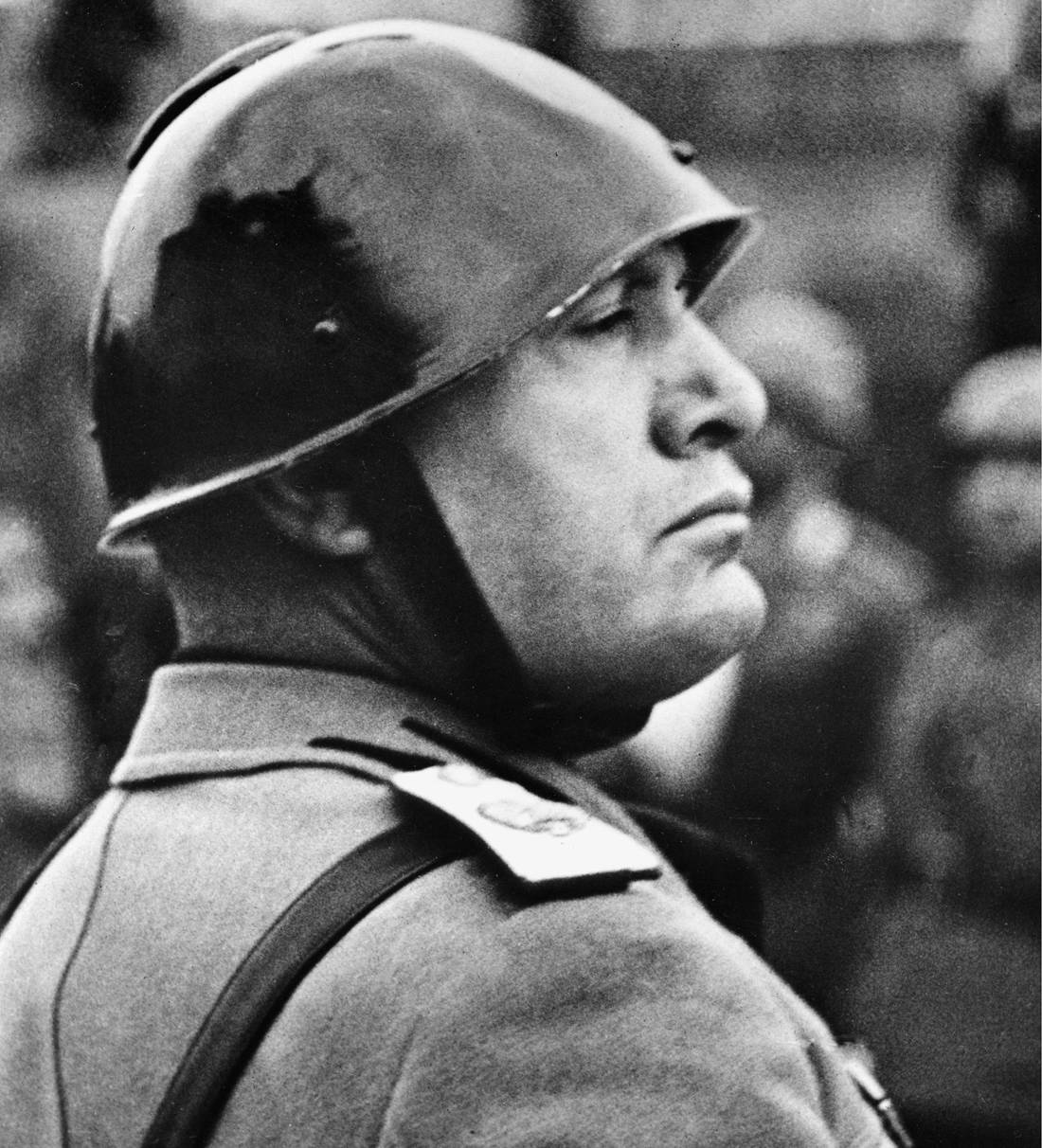
They say that to a large extent a child's future is determined by his parents. This, of course, is not the rule, but exceptions usually come to confirm it. Perhaps one of the most brilliant exceptions to this rule is the Mussolini family.
In July 1883 in Predapio, a village in the province of Emilia-Romagna, Benito Mussolini was born. He is the son of blacksmith Alessandro Mussolini and teacher Poza Maltoni. The village is what we would characterize as a timeless castle of the Italian Left. The father, a socially active, well-known anarcho-syndicalist in the region with rich political activity. Even the name he gave to his son… has revolutionary roots!
His full name was Benito Amilcare Andrea Mussolini. The Benito in honor of the Mexican revolutionary Benito Juarez. Amilkare in honor of the Garivaldi communist Amilkare Tsipriani. Andrea in honor of the socialist leader Andrea Costa, one of the founders of the Italian Socialist Party!
Little Benito, therefore, grew up in a house where his father wrote in various local newspapers, instigated social struggles, hid persecuted anarchists in his house, and often ended up in prison himself, persecuted for his beliefs and actions.
So Benito, in the first steps of his adult life, walked almost perfectly on the path that his father had set.
A fiery leftist revolutionary
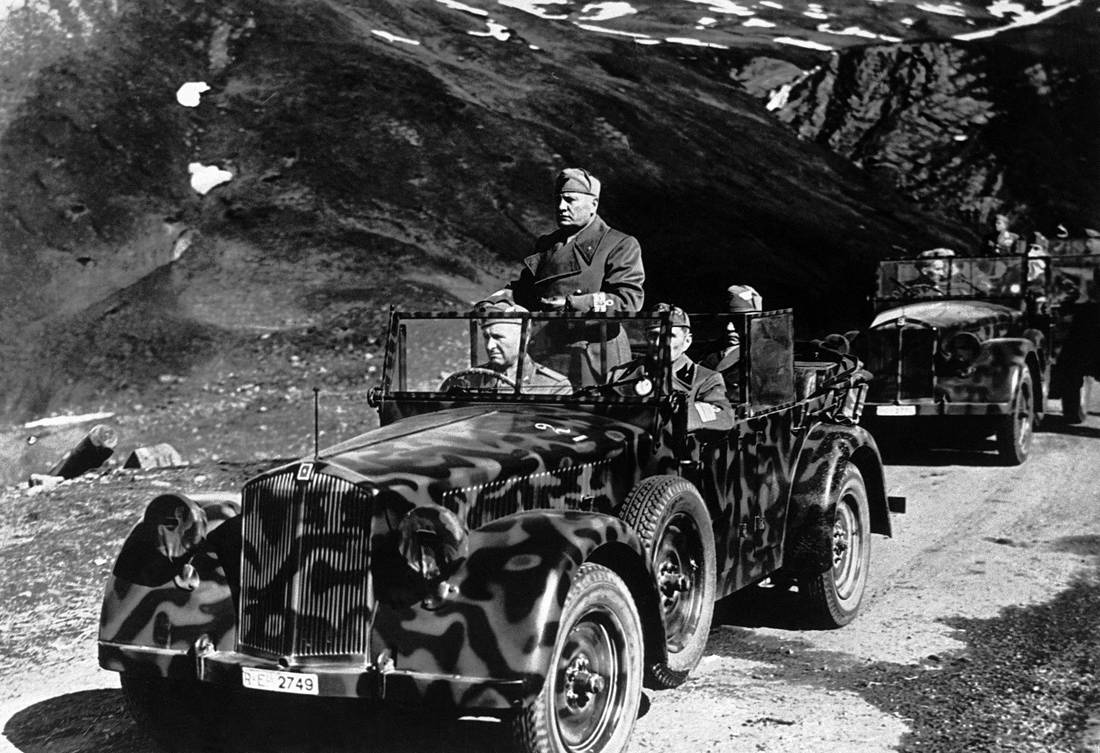
Already at the age of 17 o Benito Mussolini has started and is actively involved in the political events of his country. In fact, he had been active in politics since he was 9 years old, when he was expelled from the catechism school where his mother was going, because one day he said that… "there is no god"!
He developed relations with leftist and anarchist groups and began planning a long trip to Latin America to get to know all the revolutionary movements that were taking place there. The money he has collected, however, is not enough for him and so when he reaches the age of 18 he is forced to go to Switzerland in order to avoid his military service. There, however, he does not sit on his eggs, is arrested for "nonsense and anarchist action" and deported. He returns to Italy, serves his military service but his mind does not change.
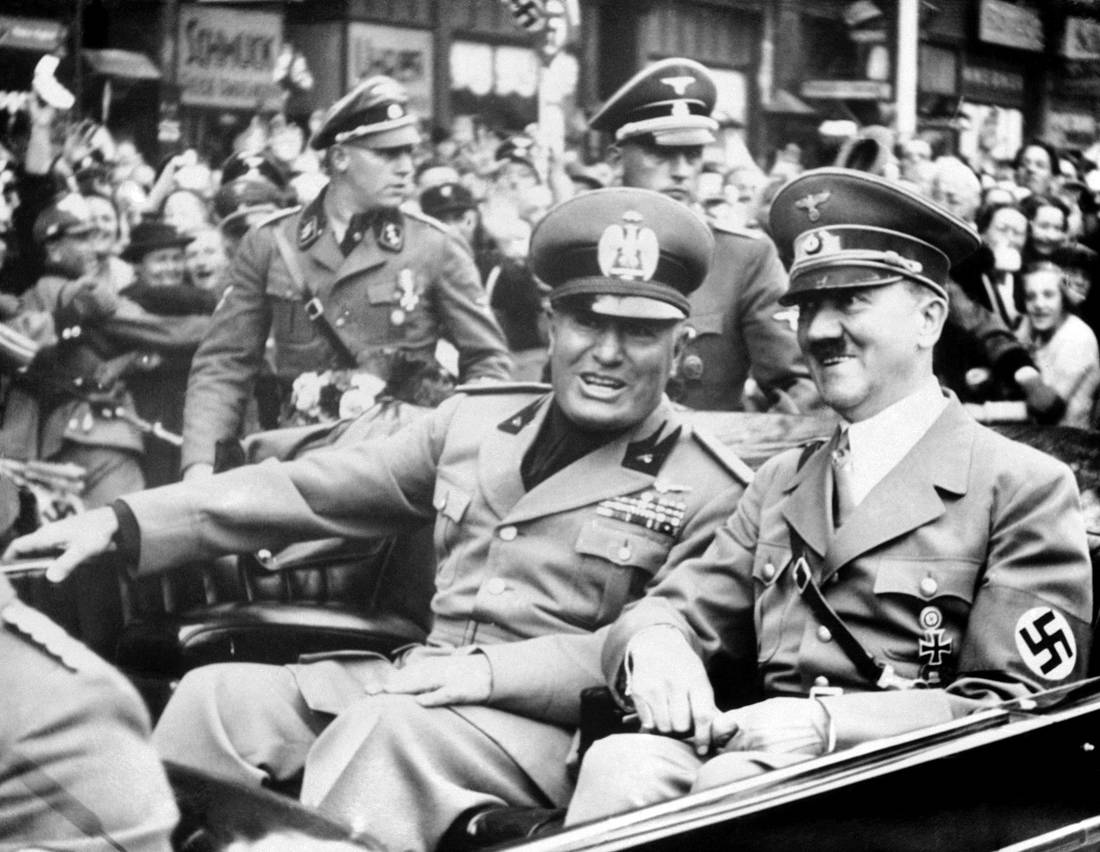
After the end of his term he is even more stubborn. The flame of revolution has been lit for your good. He founded newspapers with revolutionary content, participated in social struggles, and was an ardent supporter of Marxist theories. The entanglements with the Authorities continue and he is forced to leave Italy again and go to Austria. After a while he returns to his place and continues his work relentlessly. He ends up in Forl,, where he publishes the newspaper La Lotta di Classe (Class Struggle). In 1910, Benito, now 27, became secretary of the local Socialist Party and boasted of calling himself an "anti-patriot."
The following year, amid Italy's war with Turkey, Mussolini was imprisoned for anti-war activities. In the outbreak of World War I The Socialist Party of Italy takes a clear stand against any expansionist movement. Benito Mussolini completely agrees with this position. Only for a few weeks, however…
The founder of fascism who was hanged by the anti-fascists
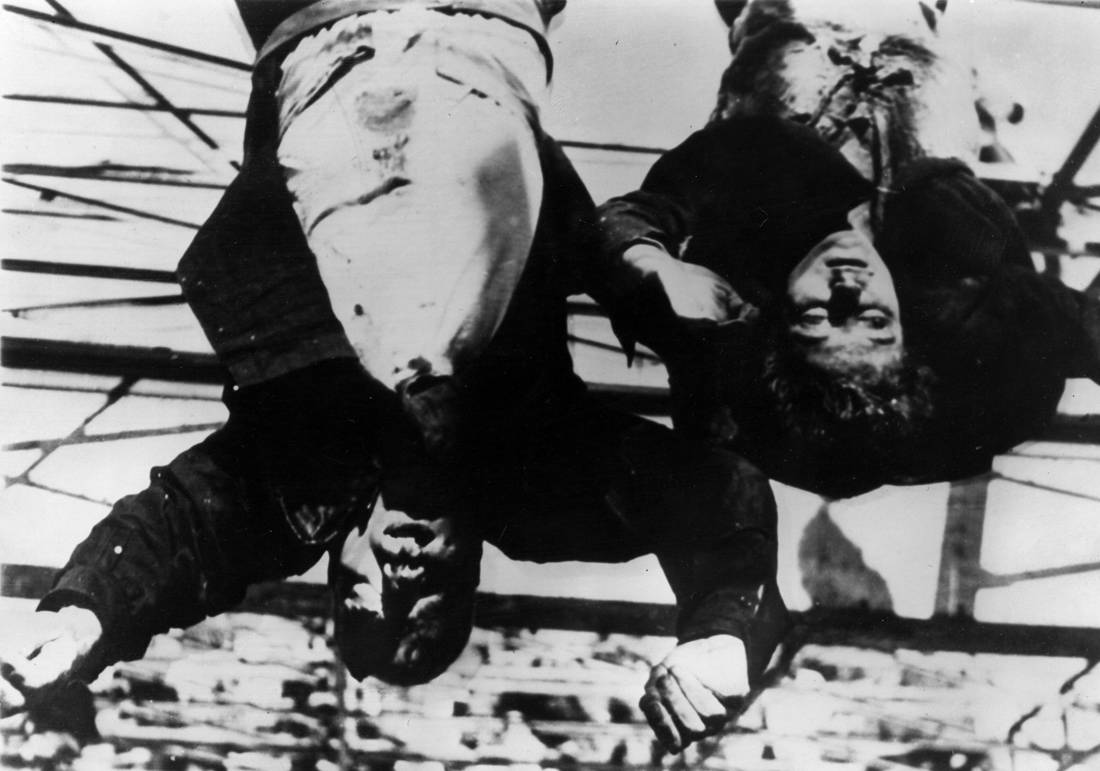
And suddenly everything is turned upside down. Everything comes to a head. In just a few weeks. He radically reconsiders his views on war. He left the Socialist Party and resigned from the position of publisher in the party newspaper "Avanti". In a few weeks, Mussolini abandons the ideas of a proletarian revolution and now sees himself as the absolute leader of the nation and war as the best tool that will soon bring about the disintegration of the social fabric and ultimately create the appropriate conditions for his rise to power.
From that point on, everything takes a different turn. Another Mussolini prepares and carries out step by step the plan that will lead him to absolute power.
In March 1919 he founded the party "Fasci Italiani di Combattimento" ("Italian Cores of the Battle"), which consisted mainly of strike units of the Italian army. Taking advantage of two years of unrest and poverty, in the elections of May 15, 1921 he was elected a Member of Parliament for the first time after the fascists they are constantly gaining ground.
The fascists create "vigilance groups" (what we would now call assault battalions) and sow terror. They begin to clash in the streets with Mussolini's former socialist comrades and set fire to the offices of "Avanti"!
The "Black Jackets" (it is said that even the black color that Mussolini introduced on the shirts was a peculiar tribute to his father and her black color anarchy) gradually impose terror. In 1921 he ran in the elections, winning 37 seats and renaming his party the Partito Nazionale Fascista PNF (National Fascist Party). In May 1922, 20.000 fascists occupied Bologna and in August Milan. In October 1922, with the great march to Rome, he confirmed his absolute sovereignty. The road to power is now open. By 1930 he had become an absolute dictator.
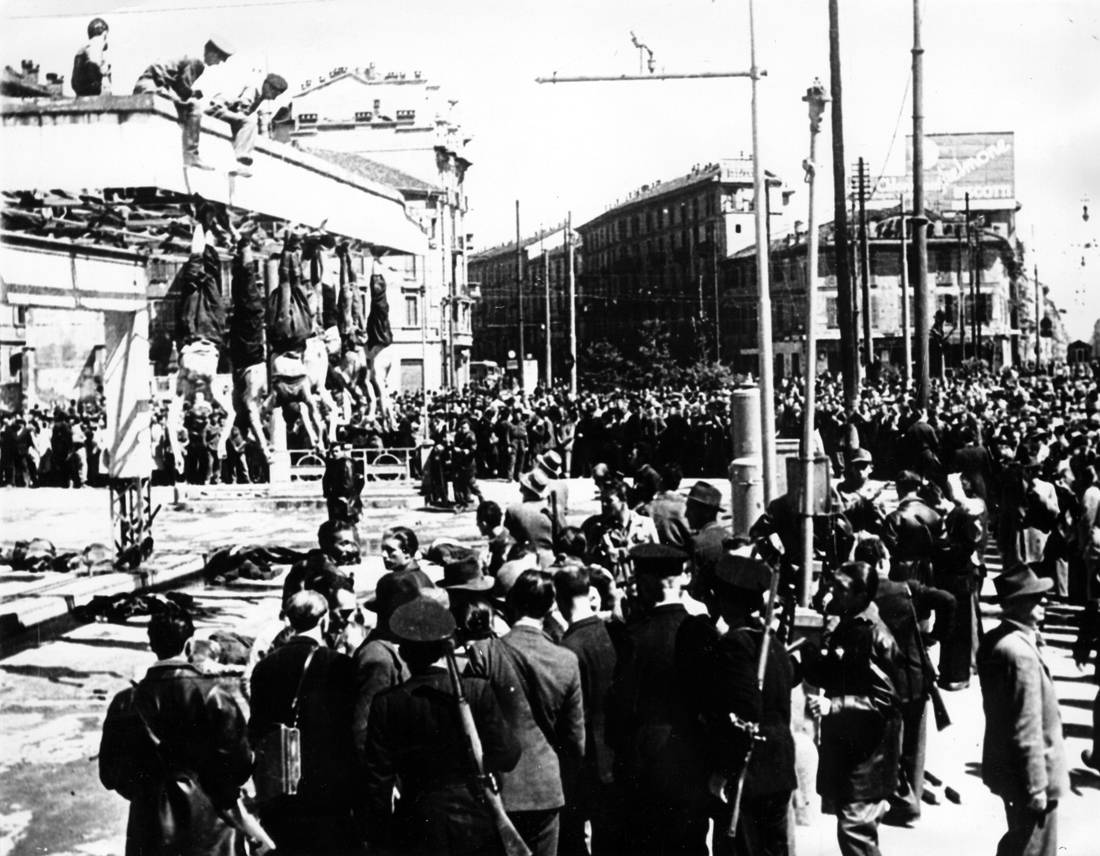
In 1936 he allied first with Franco and then with Hitler and involved his country in World War II, as a member of the "Axis" of Italy, Germany and Japan.
From that point, however, the fall begins. After the military failures in Greece, Yugoslavia and the Soviet Union, Mussolini's popularity plummeted even among his followers. The landing of Allied troops in Sicily in 1943 "ends" him politically. In July of that year the Gran Consiglio del Fascismo (Grand Fascist Council) isolated him and handed over power to King Vittorio Emmanuel III.
Mussolini is now alone, looking for allies. The only one left is Hitler who in the first phase helps him and sends him to German-occupied territories. Mussolini is trying to form a new government from there but it is too late. The Nazi war machine has been defeated and is constantly retreating. Mussolini is alone again and now without help from anywhere. On April 27, 1945, a dressed German soldier tries to escape to Austria, but is recognized by communists and arrested. The next day, April 28, 1945, Benito Mussolini and his mistress Claretta Petaci, who accompanied him, will be executed in Giulino, Como. Two days later their bodies will be found in the gallows and will be exhibited in the central square of Milan.
